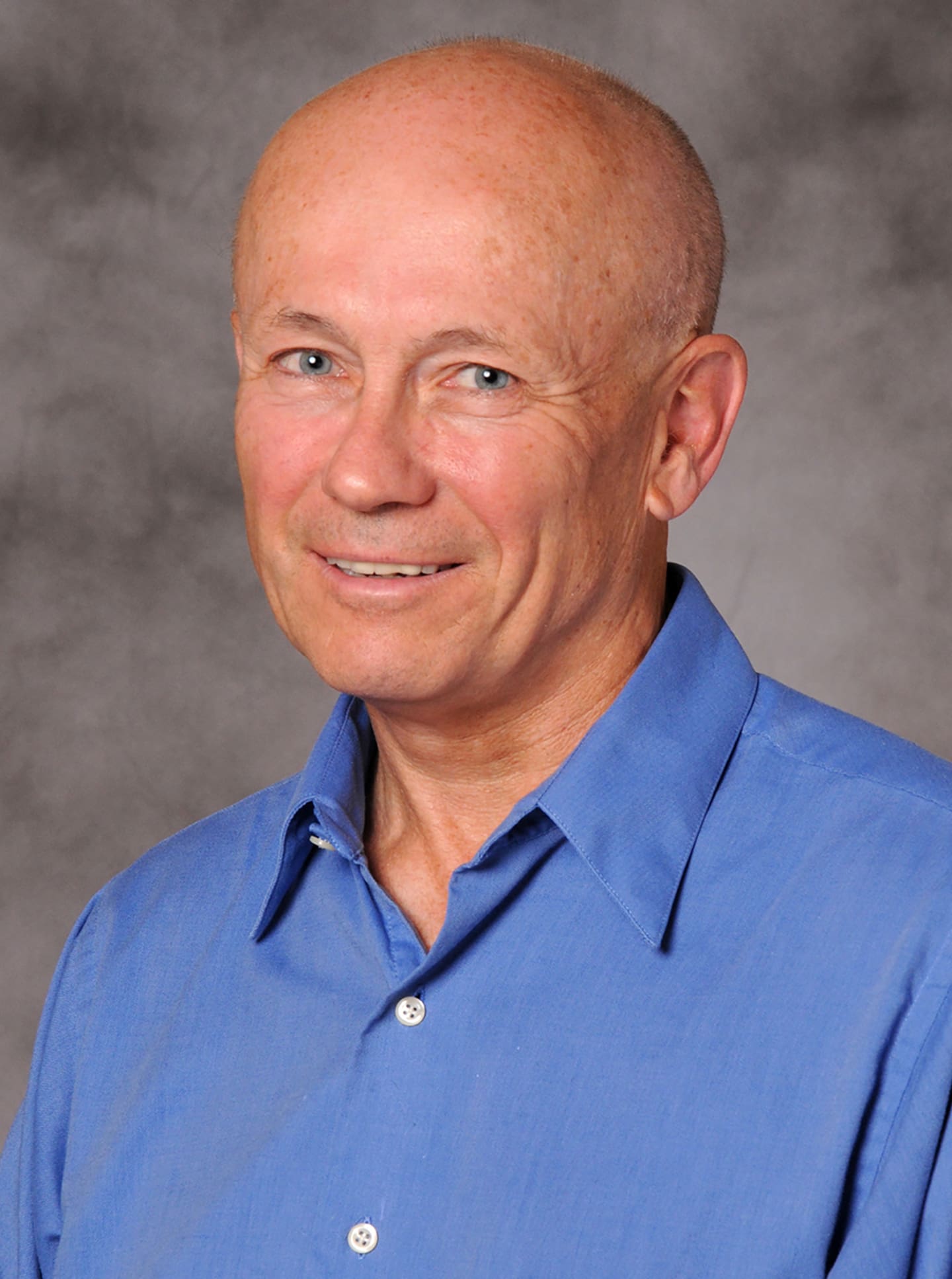
A winner of this yearâs Nobel prize in economics warned today that artificial intelligence offers âamazing possibilitiesâ but should be regulated because of its job-destroying potential.
The remarks from Canadian Peter Howitt, professor emeritus at Brown University in the United States, came amid growing concerns about how AI will impact society and the labour market.
California Governor Gavin ūÅŌŧÐĮŋÕÎÞÏÞom today signed a first-of-its-kind law regulating interactions with AI chatbots, rejecting a push from the White House to leave the technology unchecked.
Howitt was one of three economists honoured today by the Royal Swedish Academy of Sciences for work on how technology drives and affects growth.
His research with fellow winner Philippe Aghion of France focused on the theory of âcreative destructionâ in which a new and better product enters the market, and the companies selling the older products lose out.
Howitt told a news conference that it remains to be seen who will be the leader in AI, and âwe donât know what the creative destruction effects are going to beâ.

Brown University Professor Emeritus of Economics Peter Howitt. Photo / Ashley McCabe, AFP
âItâs obviously a fantastic technology that has amazing possibilities.
âAnd it also obviously has an amazing potential for destroying other jobs or replacing highly skilled labour.
âAnd all I can say is that this is a conflict. Itâs going to have to be regulated,â he said.
âPrivate incentives in an unregulated market are not really going to resolve this conflict in a way thatâs best for society, and we donât know whatâs going to come from it.â
Howitt, 79, said it was a âbig moment in human historyâ and likened it to past periods of technological innovation, including the telecoms boom of the 1990s, and the dawns of electricity and steam power.
He said those innovations all demonstrated how technology can enhance and not just replace labour.
âHow weâre going to do it this time? I wish I had specific answers, but I donât,â he added.
The third economist to be honoured today, American-Israeli Joel Mokyr, was more sanguine about the impact of AI on the labour market.
âMachines donât replace us. They move us to more interesting, more challenging work,â Mokyr, 79, told a news conference live streamed from Northwestern University in the suburbs of Chicago.
âTechnological change not only replaces people, it creates new tasks.â

American-Israeli scientist Joel Mokyr. Photo / Northwestern University in Illinois, AFP
Mokyr won his Nobel for his work on identifying the âprerequisites for sustained growth through technological progressâ.
He said his main concern about the labour market of the future was not âtechnological unemploymentâ but labour scarcity as the population ages and fewer people enter the workforce.
Howitt said that when he and Aghion first wrote their seminal 1992 paper on creative destruction it took five years to get it published, but his collaborator knew they were on to something special.
âRight from the beginning, from our very first research, I remember back in 1987, Philippe saying weâre going to get a Nobel Prize for this. I said, âSure, sure, sure,ââ Howitt recalled.
âHe said, âOur time will come. Our time will come,â okay, and now itâs come. Amazing.â
- Agence France-Presse
Take your Radio, Podcasts and Music with you
Get the iHeart App
Get more of the radio, music and podcasts you love with the FREE iHeartRadio app. Scan the QR code to download now.
Download from the app stores
Stream unlimited music, thousands of radio stations and podcasts all in one app. iHeartRadio is easy to use and all FREE









